If you want to buy foreclosed homes, understanding foreclosure terms will help you find properties and know what to expect in foreclosure sales.
 Before you buy foreclosed homes, you should know the foreclosure terms related to these properties. The more you understand about foreclosed homes, the easier it will be to make a wise investment.
Before you buy foreclosed homes, you should know the foreclosure terms related to these properties. The more you understand about foreclosed homes, the easier it will be to make a wise investment.
Mortgage : A loan contract for purchasing real estate in which the real estate is the collateral. When the borrower defaults on loan payments, the lender may foreclose the property.
Mortgage holder : The person or company who owns the mortgage and has the right to enforce the terms and foreclose on the property.
Mortgage servicer : A company that manages mortgage portfolios. The mortgage servicer accepts payments and may negotiate a repayment plan for a homeowner in default or supervise a foreclosure.
Foreclosure : When a homeowner defaults on a mortgage, the lender attempts to recover the money owed on the mortgage through a legal foreclosure process. The lender sells the property after due process of alerting the homeowner. Foreclosure by definition may be judicial or non-judicial, meaning they are either handled in a court process or without judge's order. You may find foreclosed homes for sale at public auctions, directly from the bank or lender, through real estate companies and from federal and state agencies.
Pre-foreclosure : After the homeowner is notified that the foreclosure process has begun through a Notice of Default (NOD) or a Notice of Sale (NOS) and before the actual foreclosure, is the term of pre-foreclosure. This may be one of the most misunderstood foreclosure terms.
You may buy a home from a homeowner during pre-foreclosure. These sales are advertised by owner and by real estate agents. You may also research homes in foreclosure by looking for NOD and NOS filings at the county courthouse or in the public notices section of the local newspaper, as lenders must file and publish the notices. These notices will include the address and homeowner's information. To inquire about a pre-foreclosure sale, it's suggested that you send the homeowner a postcard or letter rather than go to the front door. This gives the homeowner a chance to contact you or have his or her real estate agent contact you.
To learn more about buying a home in pre-foreclosure, read this article . The article explains pre-foreclosure sales, including short sales, and how you can find pre-foreclosure listings.
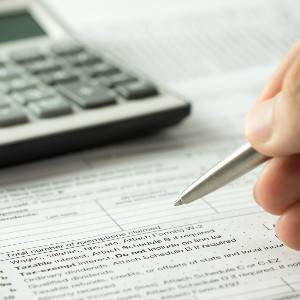 Short sale : A pre-foreclosure sale may also be a short sale. You may have mistakenly thought that this foreclosure term applies to all pre-foreclosure sales. A short sale occurs when the property is worth less than the homeowner owes on it, and the lender agrees to accept a deficiency payment, or less than the mortgage balance.
Short sale : A pre-foreclosure sale may also be a short sale. You may have mistakenly thought that this foreclosure term applies to all pre-foreclosure sales. A short sale occurs when the property is worth less than the homeowner owes on it, and the lender agrees to accept a deficiency payment, or less than the mortgage balance.
When you buy a short sale property, it may be priced lower than market value or at market value, but it will certainly be priced significantly lower than the price the current owner paid. Information about the home's sale price history is available in county records and on Zillow.com.
Foreclosure auction : Typically when a home is foreclosed, it is auctioned. Auction rules, regulations and locations vary from state to state. Some of the auction details are listed on the NOS. Other details, like your pre-qualification requirements, the down payment percentage required and the time allowed for you to complete the sale after the auction are available from the individual auction house or auctioneer.
Right of redemption : Some states allow a homeowner the right of redemption. This foreclosure term is very important because it means the homeowner has a set amount of time after the auction to pay the delinquent mortgage payment and any fees related to the auction to reclaim the property. So, in states with the right of redemption foreclosure term, you do not actually own the property until this time is over. If you were the winning bidder at auction, your down payment will be refunded if the homeowner buys the home back.
Real estate owned (REO) property: Another confusing foreclosure term, a real estate owned (REO) property is owned by a bank, mortgage lender or government agency. Typically, these homes do not sell at auction because bids don't meet the reserve, or minimum price. Then, the lender retains ownership of the home. You can buy REO properties directly from the lender or through a real estate broker who represents the lenders properties.
For website links to major banks and government agencies with REO listings, go to this article .
 Lien : A lien is a legal claim to the property. This may be a mortgage, second mortgage, tax lien, mechanics lien, judicial lien or others. It is important to research the title of any foreclosed home on which you may bid or make an offer. In some cases, the first mortgage holder will clear liens before it resells the home. In other cases, you may inherit a lien with the property.
Lien : A lien is a legal claim to the property. This may be a mortgage, second mortgage, tax lien, mechanics lien, judicial lien or others. It is important to research the title of any foreclosed home on which you may bid or make an offer. In some cases, the first mortgage holder will clear liens before it resells the home. In other cases, you may inherit a lien with the property.
There are many other foreclosure terms that a homeowner may need to know to navigate the foreclosure process. But if you want to buy foreclosed homes, these terms and definitions will help you find properties and know what to expect in foreclosure sales. To see foreclosure listings in your area now, go to RealtyNow for free real estate listings.


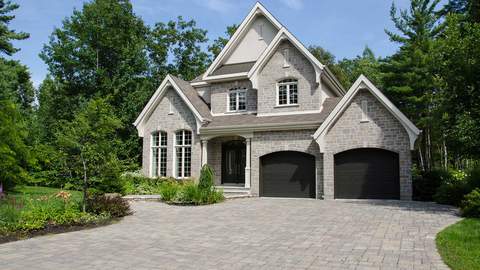
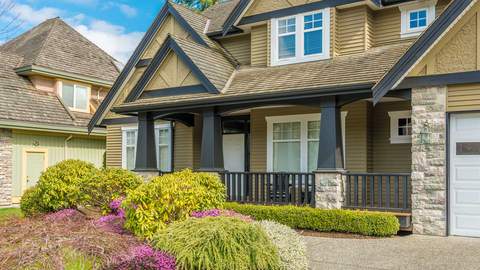

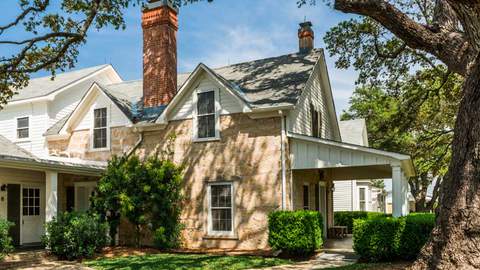




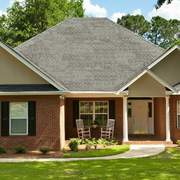





Write a Comment